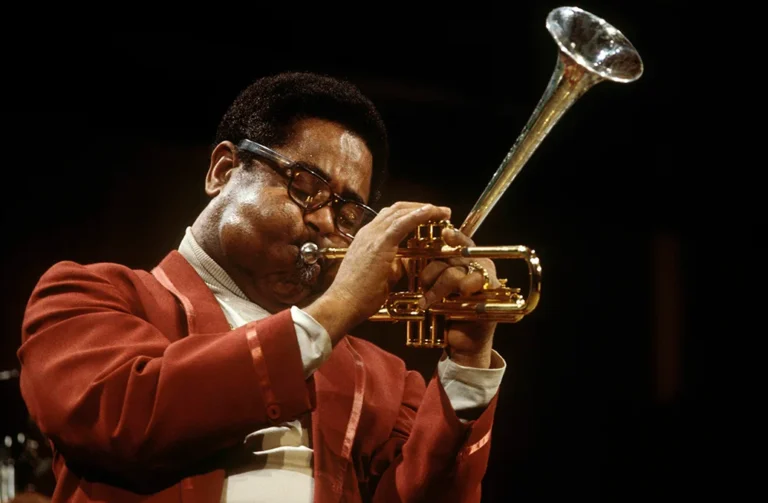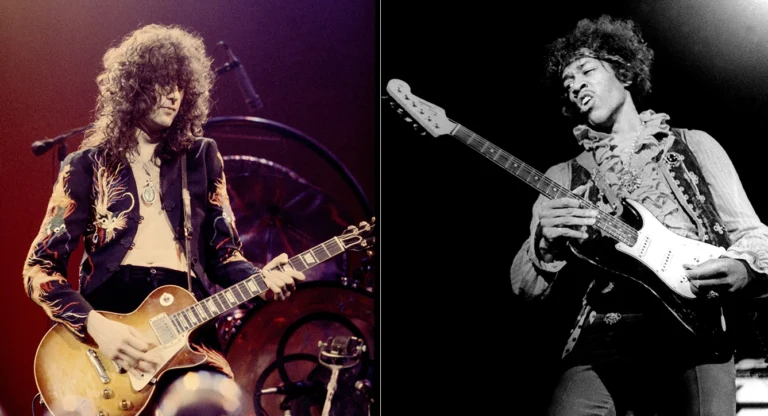The Beatles: A deep dive into the iconic band’s discography, their impact on popular music, and their cultural significance
The Beatles are widely regarded as one of the most influential bands in the history of popular music. The band, consisting of John Lennon, Paul McCartney, George Harrison, and Ringo Starr, formed in Liverpool in 1960 and quickly rose to international fame. They are known for their innovative songwriting, unique vocal harmonies, and experimentation with various musical genres. The Beatles’ impact on popular music is immeasurable, and their music continues to inspire generations of musicians and fans today.
The band’s discography is extensive and diverse, with a total of 13 studio albums released between 1963 and 1970. The Beatles often incorporated classical elements, traditional pop forms, and unconventional recording techniques in innovative ways, especially with albums such as Sgt. Pepper’s Lonely Hearts Club Band and Abbey Road. Reinventing themselves with every album, John, Paul, George, and Ringo transformed popular music and set the standard for future generations of musicians.
The Beatles’ cultural significance extends far beyond their impact on popular music. They are often credited with ushering in the counterculture movement of the 1960s and inspiring social and cultural revolution. The band revolutionized the use of recording technology, the album format, and album covers. Their music and cultural impact continue to be studied and celebrated today, with numerous books, documentaries, and tribute bands dedicated to their legacy. The Beatles’ influence on popular music and culture is undeniable, and their music will continue to inspire and resonate with listeners for generations to come.
Early years of The Beatles and their rise to fame
The Beatles formed in Liverpool in the early 1960s, during a time when the city was experiencing a musical boom. Like many other Liverpool bands, The Beatles drew inspiration from skiffle and American influences, particularly rhythm and blues and girl groups. The band consisted of John Lennon, Paul McCartney, George Harrison, and Ringo Starr, and they quickly gained a following in Liverpool’s music scene. Their sound and style evolved over time, and they soon became known for their catchy melodies, tight harmonies, and innovative songwriting.
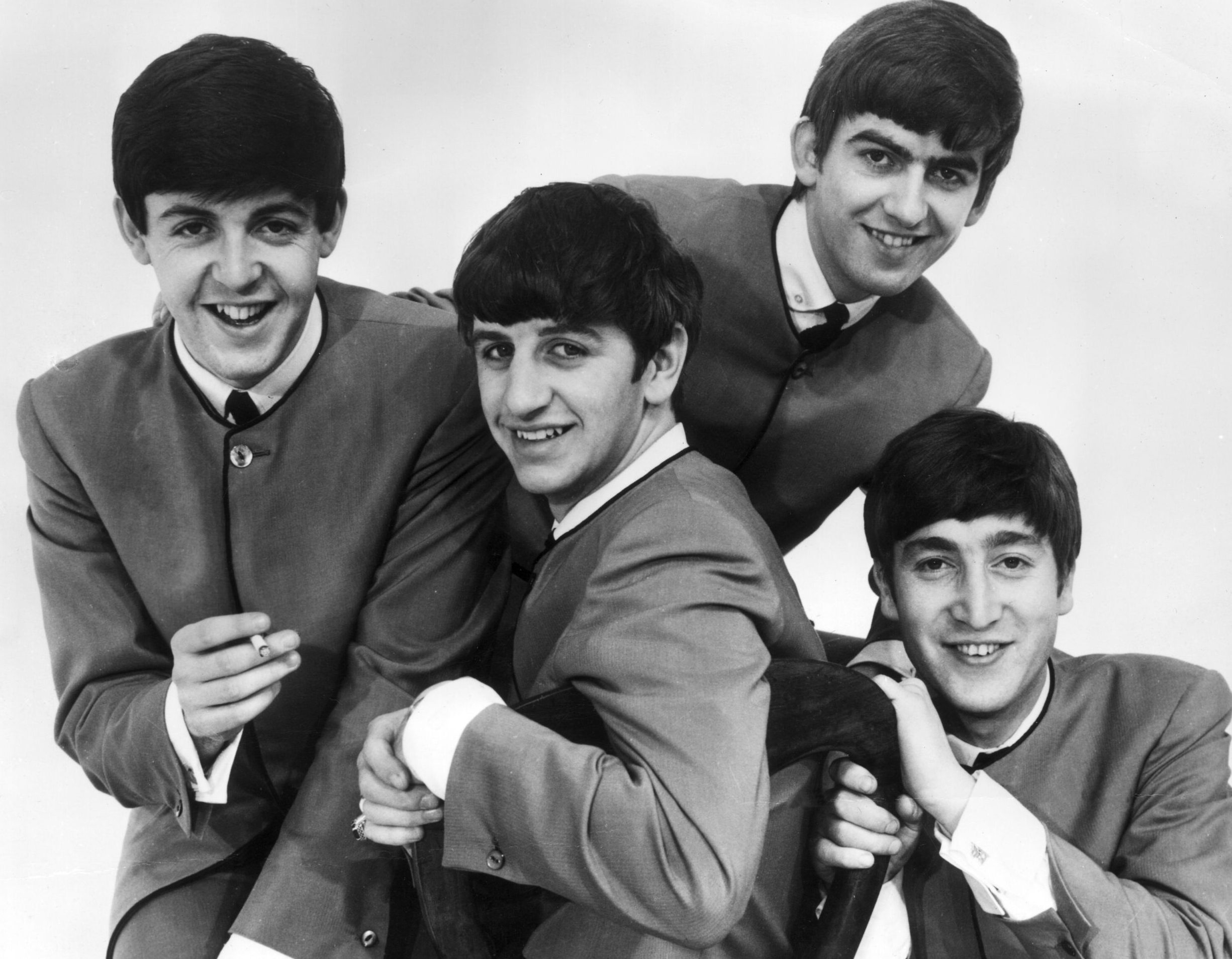
The Beatles’ early albums and hit singles propelled them to fame both in the UK and internationally. Their first album, “Please Please Me,” was released in 1963 and included hit singles such as “Love Me Do” and “Twist and Shout.” The following year, they released “A Hard Day’s Night,” which accompanied their first feature film of the same name. The album included hits such as the title track and “Can’t Buy Me Love.” The Beatles continued to release successful albums throughout the 1960s, including “Help!” and “Rubber Soul”. Their music reflected the social and cultural changes of the time, and they quickly became synonymous with the counterculture movement.
The Beatles’ first US tour in 1964 marked a turning point in their career, as they gained a massive following in the United States and became a global phenomenon. Their appearance on “The Ed Sullivan Show” was watched by over 70 million people, and their subsequent concerts were met with screaming fans and intense media attention. The Beatles’ impact on popular music and culture cannot be overstated, as they transformed the music industry with their innovative sound, experimental techniques, and cultural influence. Their influence can still be felt today, as their music continues to inspire and resonate with new generations of fans.
The Beatles’ experimental phase and musical evolution
The Beatles’ experimental phase and musical evolution were marked by their incorporation of Eastern music and psychedelia into their sound. The band’s interest in Indian music and culture was sparked by George Harrison’s visit to India in 1966, which led to the incorporation of Indian instruments such as the sitar into their music. The Beatles’ experimentation with psychedelic drugs also influenced their music, resulting in trippy, surreal sounds and lyrics. This experimental phase is evident in their album releases, including Revolver, Sgt. Pepper’s Lonely Hearts Club Band, and The White Album. The band’s use of unconventional recording techniques, such as tape loops and backwards recording, also contributed to their musical evolution.
Sgt. Pepper’s Lonely Hearts Club Band, released in 1967, is considered one of the most groundbreaking albums in music history. The album’s use of innovative production techniques and incorporation of diverse musical styles, including Indian music, classical music, and rock and roll, marked a significant departure from the band’s earlier work. The White Album, released in 1968, showcased the band’s versatility and experimentation, featuring a wide range of musical styles from folk to hard rock. The Beatles’ musical evolution during this period had a profound impact on popular music, influencing the development of progressive rock and the psychedelic movement.
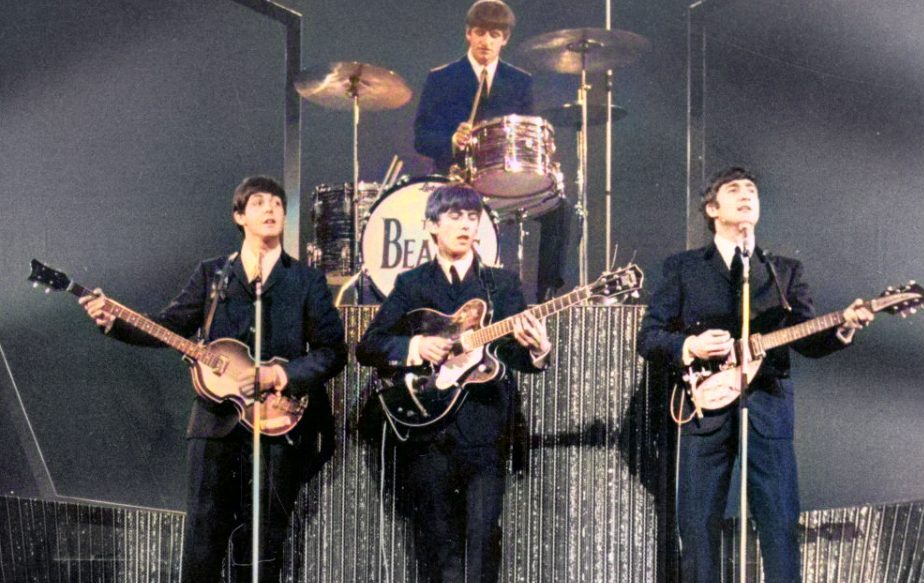
The Beatles’ breakup in 1970 marked the end of an era in popular music. Following the breakup, each member pursued solo careers, with varying degrees of success. John Lennon‘s solo work, particularly his album Imagine, showcased his continued musical innovation and social activism. Paul McCartney‘s solo work, on the other hand, was more commercially successful, with hits such as “Band on the Run” and “Live and Let Die”. Despite their individual successes, the legacy of The Beatles as a band remains unparalleled in popular music history, with their impact on music, culture, and society still felt today.
The Beatles’ cultural significance and impact on society
The Beatles’ cultural significance and impact on society cannot be overstated. The band played a pivotal role in the counterculture movement of the 1960s, which rejected mainstream values and sought to create a more egalitarian and peaceful society. The Beatles’ music and message resonated with young people around the world, inspiring them to challenge the status quo and strive for social change. Their recognition concerns their effect on the era’s youth and counterculture, British identity, popular music’s evolution into an art form, and their enduring legacy.
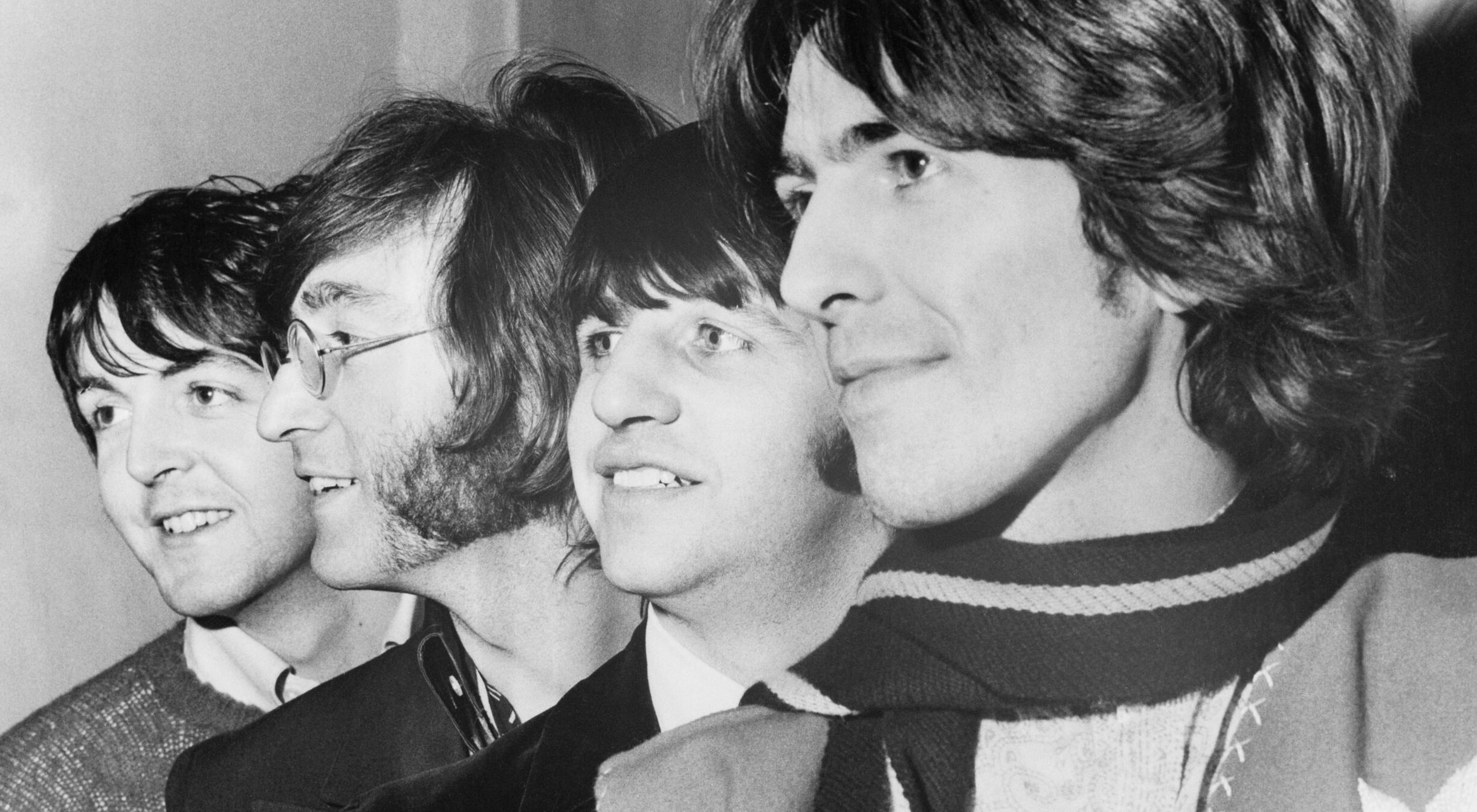
The Beatles also had a significant influence on fashion, art, and film. Their innovative album covers and distinctive style inspired a generation of artists and designers. The band’s films, such as “A Hard Day’s Night” and “Help! “, helped to redefine the genre and set new standards for music-based movies. The Beatles’ impact on popular culture can still be seen today, with their influence extending to fashion, art, and film.
The Beatles’ legacy and continuing relevance today are a testament to their enduring impact on popular music and culture. Their music continues to be celebrated and studied by new generations of fans and scholars, and their influence can be heard in countless contemporary artists. The Beatles’ songs, albums, and covers have inspired people around the world, and their impact on society is still being felt today. The Beatles’ cultural significance and impact on popular music and culture make them one of the most iconic and beloved bands in history.
Conclusion and Reflection on The Beatles’ Enduring Legacy
The Beatles’ impact on popular music and culture continues to be felt today, long after their disbandment. Their music and cultural influence have inspired countless artists and continue to shape popular culture. The band’s influence on music is multifaceted, with their innovative use of recording technology, their groundbreaking album releases, and their incorporation of diverse musical styles into their music. Additionally, The Beatles’ cultural significance is undeniable, as they were instrumental in shaping the counterculture movement of the 1960s. Their legacy extends beyond their music, influencing fashion and pop culture. The Beatles’ recognition is based on their impact on popular music’s evolution into an art form, their effect on the era’s youth and counterculture, and their role in defining British identity.
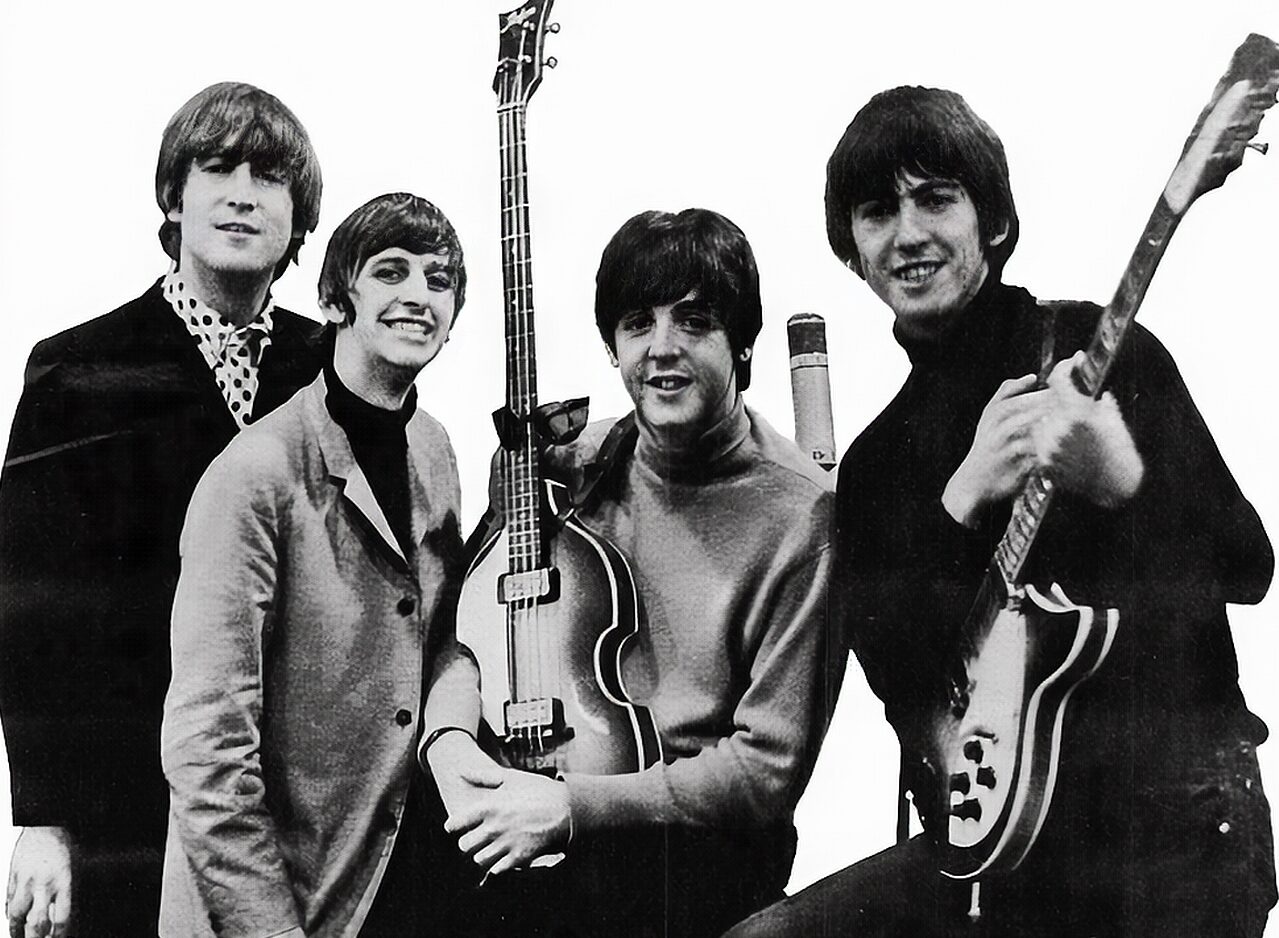
As a fan of The Beatles, I find their impact and significance to be immeasurable. Their music has been a constant presence in my life, and I continue to discover new aspects of their work that I find inspiring and influential. The growth and evolution of their music from album to album is unparalleled, and their ability to blend different musical styles and genres is a testament to their creativity and innovation. The Beatles’ music has the ability to evoke strong emotions and memories, and their songs continue to resonate with listeners of all ages.
In conclusion, The Beatles’ enduring legacy is a testament to their impact on popular music and culture. Their influence on music is still felt today, with countless artists citing them as a major inspiration. Their cultural significance is undeniable, and their music continues to shape popular culture. As a fan, I am grateful for their contributions to music and culture, and I believe their legacy will continue to inspire and influence future generations. The growth and evolution of their music from album to album is unparalleled, and their ability to blend different musical styles and genres is a testament to their creativity and innovation. The Beatles’ music has the ability to evoke strong emotions and memories, and their songs continue to resonate with listeners of all ages.
